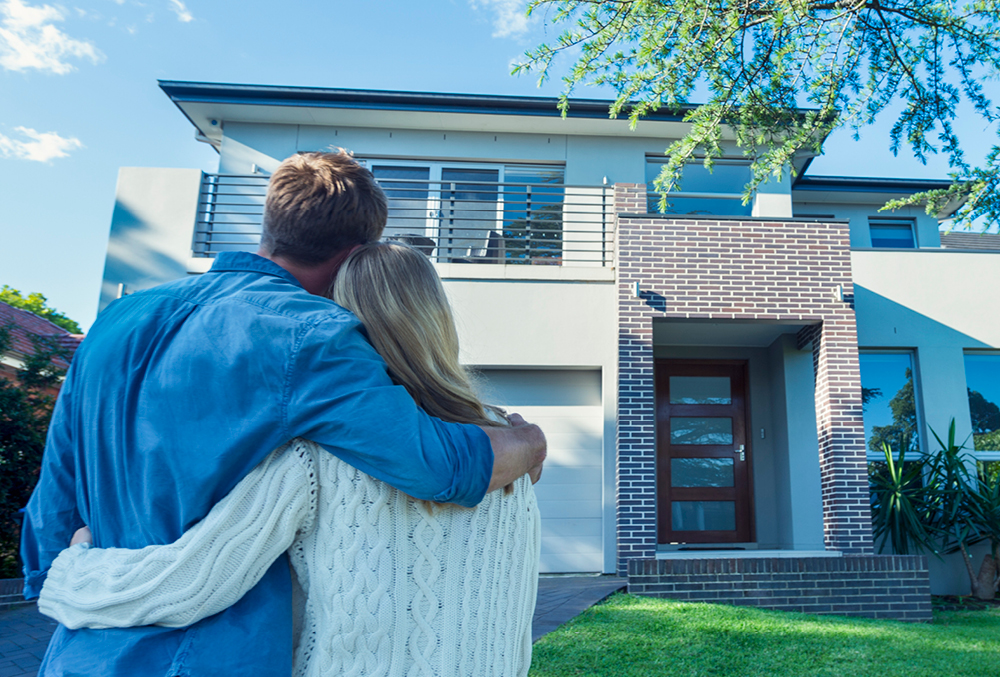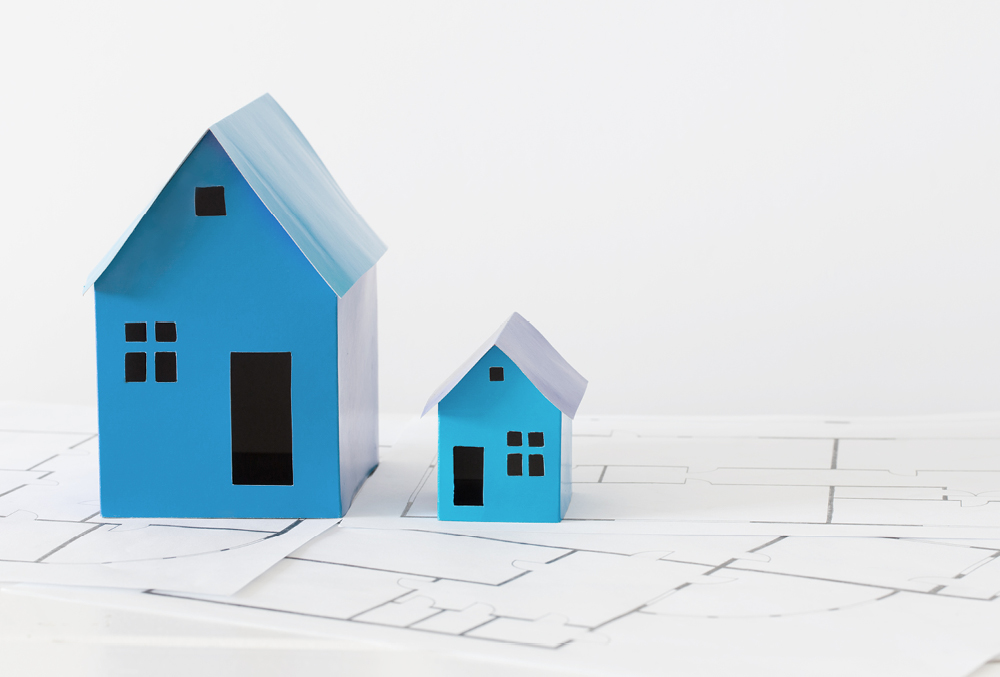Whether you’re considering buying a vacation home, rental property, or secondary residence, there are many benefits that can come with owning a second property. There are also some expenses, risks, and hard work involved, which should be weighed carefully to understand how a second property can fit into your lifestyle and financial picture.
Types of secondary properties
 A cottage by the lake |
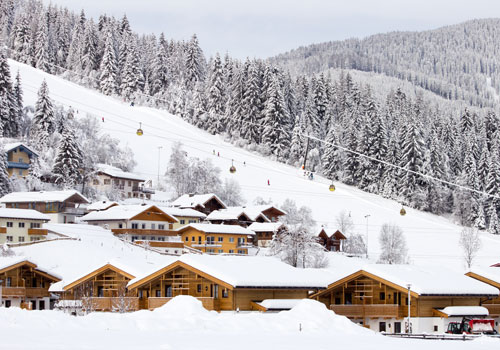 A ski chalet in the mountains |
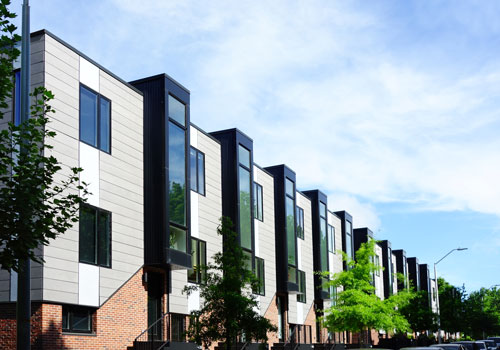 A multi-plex downtown |
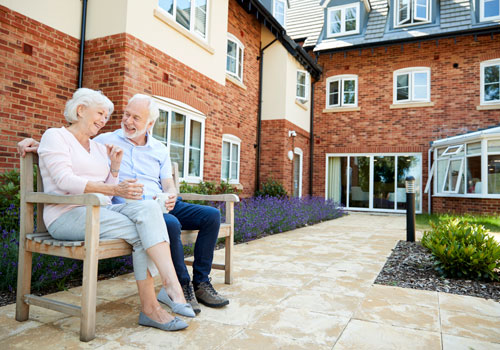 A future retirement home in your dream community |
Secondary properties come in all shapes and sizes, ranging from vacation homes to rental/ investment properties to homes for family members, or your future lifestyle. Whatever type of secondary property you’re interested in, each comes with benefits and considerations.
Why invest in a secondary property?
There are several potential advantages to buying a secondary property. These include:
- Rental income: If you have purchased a rental property, the income you can earn from renters can help you pay down the mortgage and/or provide additional cash flow.
- Property appreciation: Over the past few decades, Canadian real estate has generally been a safe and fruitful investment. If you purchase in a neighbourhood with rising home values, you can build equity in the property as it appreciates.
- Vacations made easy: If you and your family have a favourite activity or destination for your downtime, purchasing a vacation home can simplify your getaways, eliminating the need to rent houses, book hotels, and plan out every trip far in advance. Vacation homes also offer a great deal of comfort and respite, with the ability to truly make them your own personal space.
- Advance retirement planning: Whether retirement is several years away or just around the corner, it can never hurt to plan ahead. And if you have your retirement vision all figured out, including where you want to live, researching for a property now gives you the time to find the perfect home before your retirement begins.
Things to consider before purchasing
While there are several advantages to buying a secondary property, there are a few things to consider as well.
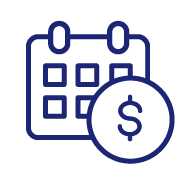 |
The mortgage payments Taking on an additional mortgage can mean a significant increase in your monthly financial obligations. It’s a good idea to plan out your budget for the next few years to make sure you can carry this cost. If you’re relying on rental income to cover your payments, be sure to have a contingency plan that considers vacancies. |
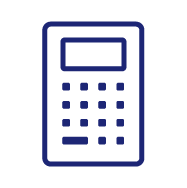 |
Other overhead costs A mortgage payment is an obvious carrying cost – but don’t forget other housing-related costs such as property taxes, home maintenance, utilities, and insurance. |
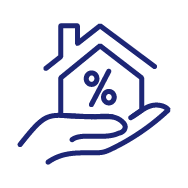 |
Taxes on rental income Any rental income you earn – whether you rent out a room or a whole house – must be reported to the Canada Revenue Agency (CRA) on your annual tax return. You can deduct eligible expenses from your income, but before you buy, it’s a good idea to estimate your tax obligations so you know how much income you’ll be able to keep. |
Thinking about buying a secondary property? Visit our Buying a Secondary Property page for more information.

